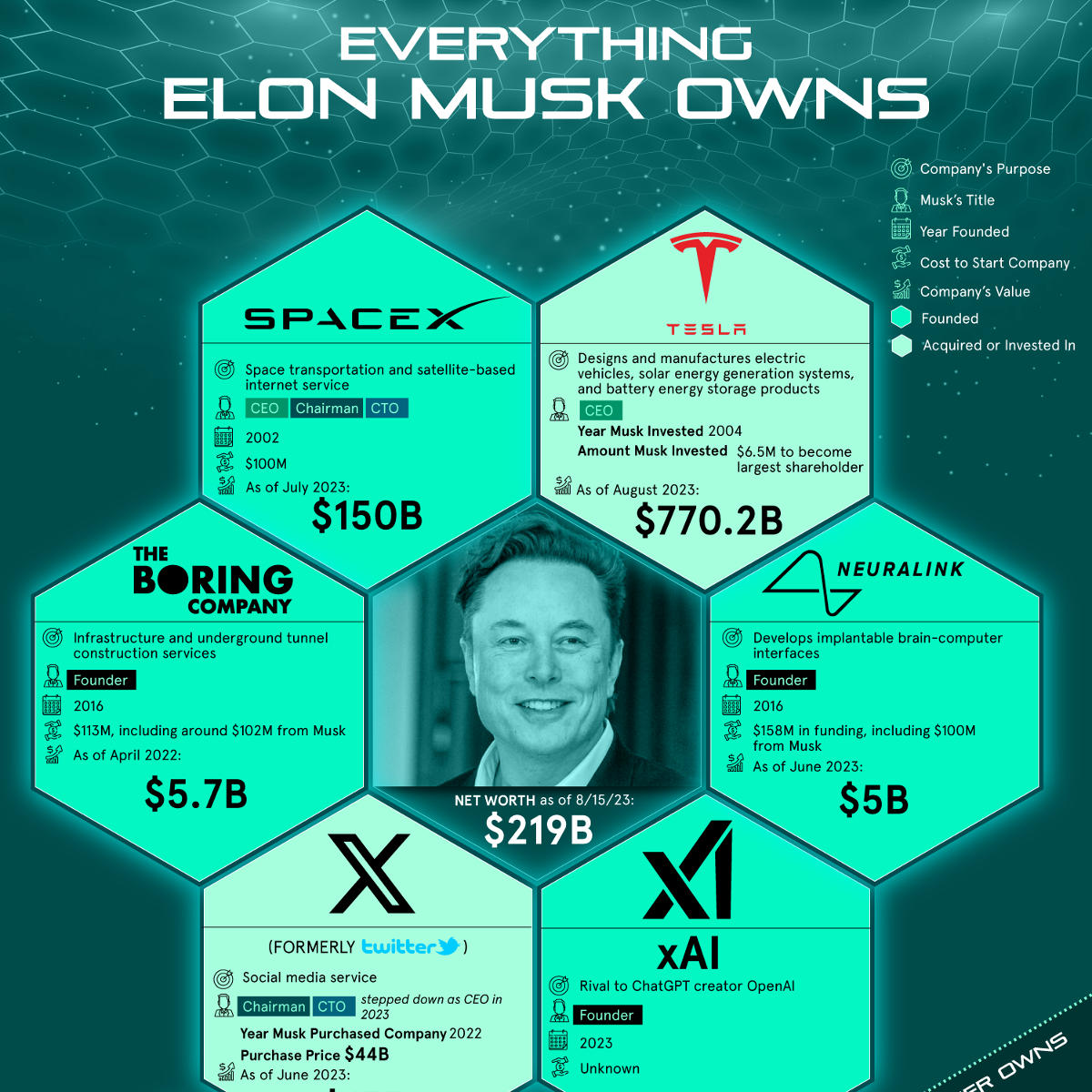Is Apple's AI Development On Track? A Competitive Assessment

Table of Contents
Apple's AI Strategy: A Focus on Privacy and Integration
Apple's AI strategy centers on on-device AI processing and user privacy. This differentiates it from competitors who heavily rely on cloud-based AI. This approach offers several key advantages:
- Enhanced Speed and Offline Functionality: Processing AI tasks directly on the device ensures faster response times and functionality even without an internet connection. This is particularly crucial for applications like Siri or real-time health monitoring.
- Robust User Data Protection: By keeping data processing local, Apple minimizes the amount of personal information transmitted to its servers, enhancing user privacy and security. This is a key selling point in an increasingly privacy-conscious market. Techniques like differential privacy further enhance data protection.
- Limitations of On-Device Processing: However, on-device AI also faces limitations. The computational power of even the most advanced smartphones is limited compared to powerful cloud servers. This restricts the complexity of AI models that can be run locally and might impact the accuracy and capabilities of some AI features.
This privacy-focused strategy, while appealing to users, presents a challenge in competing with cloud-focused AI giants who can leverage vast datasets and computational resources for more advanced AI models. Apple's approach necessitates a different, more resource-constrained approach to AI development.
Key Apple AI Products and Features: An Overview
Apple incorporates AI across many of its products and services. Let's examine some key examples:
- Siri: Apple's virtual assistant, Siri, offers voice-activated control over various devices and apps. While Siri has improved significantly over the years, it still lags behind competitors like Google Assistant and Amazon Alexa in terms of natural language understanding and contextual awareness. However, on-device processing contributes to faster responses and improved privacy.
- Image Recognition in Photos: Apple's Photos app utilizes powerful image recognition capabilities to automatically organize photos by people, places, and objects. This feature leverages advanced object detection and facial recognition algorithms, making it easier to find specific images within a large library. Continuous improvements enhance its accuracy and the types of objects and scenes it can identify.
- Health Features: The Apple Watch and Health app employ AI-driven features for health monitoring, including heart rate monitoring, fall detection, ECG readings, and sleep tracking. These features leverage machine learning algorithms to analyze data and provide insights into users' health and well-being.
- Machine Learning in Other Apps: AI subtly enhances many other Apple apps. Predictive text in iMessage, personalized music recommendations in Apple Music, and fraud detection in Apple Pay all benefit from sophisticated machine learning algorithms.
These integrated AI features represent a significant step in Apple's AI journey, seamlessly integrating AI into the user experience.
Apple's AI Talent Acquisition and Research Efforts
Apple's commitment to AI is evident in its investments in talent acquisition and research and development.
- Key Acquisitions: Apple has strategically acquired several AI startups to bolster its expertise and technology. These acquisitions provide access to talent, technologies, and intellectual property in areas such as machine learning and computer vision.
- Publications and Conferences: While Apple is more secretive about its research compared to other tech companies, it still publishes research papers at leading AI conferences, showcasing its commitment to advancing the field.
- Research Labs: Apple operates several AI research labs around the world, employing top researchers and engineers. The scale and scope of these labs indicate a substantial investment in long-term AI development.
Competitive Landscape: Comparing Apple to Google, Microsoft, and Others
Apple's AI journey is set against a backdrop of fierce competition.
- Google: Google holds a dominant position in AI research, cloud-based AI services, and virtual assistants. Its vast datasets and computational resources allow it to develop highly sophisticated AI models.
- Microsoft: Microsoft is aggressively integrating AI into its productivity suite, cloud offerings (Azure), and even gaming. Its AI capabilities are becoming increasingly integrated into its ecosystem.
- Amazon: Amazon's advancements in AI assistants (Alexa), e-commerce personalization, and cloud services (AWS) pose a significant challenge.
While Apple excels in on-device AI and user privacy, it lags behind in the scale and breadth of cloud-based AI services and research publications offered by Google and Microsoft.
The Future of Apple's AI: Predictions and Potential
Apple's future in AI hinges on several key factors:
- Siri Advancements: Expect to see significant improvements in Siri's natural language processing, contextual understanding, and overall capabilities.
- AR/VR Integration: AI will play a crucial role in Apple's augmented reality (AR) and virtual reality (VR) endeavors, driving more immersive and personalized experiences.
- New Hardware and Software: Apple's AI research may lead to new AI-driven hardware and software solutions, potentially impacting various aspects of computing.
- Challenges and Opportunities: Competition, resource constraints inherent in on-device processing, and ethical considerations around AI will pose challenges, but also opportunities for innovation and differentiation.
Conclusion
This assessment of Apple's AI development reveals a company strategically focused on privacy-preserving on-device AI. This approach offers advantages in speed, offline functionality, and user data protection, but also presents limitations in scaling and competing with cloud-first strategies. While Apple's progress is noteworthy in its integrated features, significant investment and innovation are needed to maintain competitiveness. The future success of Apple's AI strategy relies on continued talent acquisition, robust research and development, and a proactive adaptation to the ever-evolving landscape of Artificial Intelligence. To stay informed on the latest developments in Apple's AI journey, continue following industry news and analysis regarding Apple's AI development.

Featured Posts
-
 High Potential Show Finale Features Unexpected Reunion Of Two Actors
May 10, 2025
High Potential Show Finale Features Unexpected Reunion Of Two Actors
May 10, 2025 -
 Office365 Security Flaw Hacker Profits Millions From Executive Accounts
May 10, 2025
Office365 Security Flaw Hacker Profits Millions From Executive Accounts
May 10, 2025 -
 Figmas Powerful Ai New Features Challenging Design Industry Leaders
May 10, 2025
Figmas Powerful Ai New Features Challenging Design Industry Leaders
May 10, 2025 -
 Dissecting The He Morgan Brother 5 Leading Theories Surrounding David In High Potential
May 10, 2025
Dissecting The He Morgan Brother 5 Leading Theories Surrounding David In High Potential
May 10, 2025 -
 Toddler Choking Police Bodycam Shows Life Saving Intervention On Tomato Incident
May 10, 2025
Toddler Choking Police Bodycam Shows Life Saving Intervention On Tomato Incident
May 10, 2025
Latest Posts
-
 Elon Musks Financial Empire How He Built His Business Dynasty
May 10, 2025
Elon Musks Financial Empire How He Built His Business Dynasty
May 10, 2025 -
 Understanding Elon Musks Wealth Key Strategies And Investments
May 10, 2025
Understanding Elon Musks Wealth Key Strategies And Investments
May 10, 2025 -
 Post Liberation Day Assessing The Financial Losses Of Trumps Billionaire Circle
May 10, 2025
Post Liberation Day Assessing The Financial Losses Of Trumps Billionaire Circle
May 10, 2025 -
 The Economic Impact Of Liberation Day Tariffs On Trumps Billionaire Network
May 10, 2025
The Economic Impact Of Liberation Day Tariffs On Trumps Billionaire Network
May 10, 2025 -
 Elon Musks Net Worth A Comprehensive Look At His Business Ventures
May 10, 2025
Elon Musks Net Worth A Comprehensive Look At His Business Ventures
May 10, 2025
